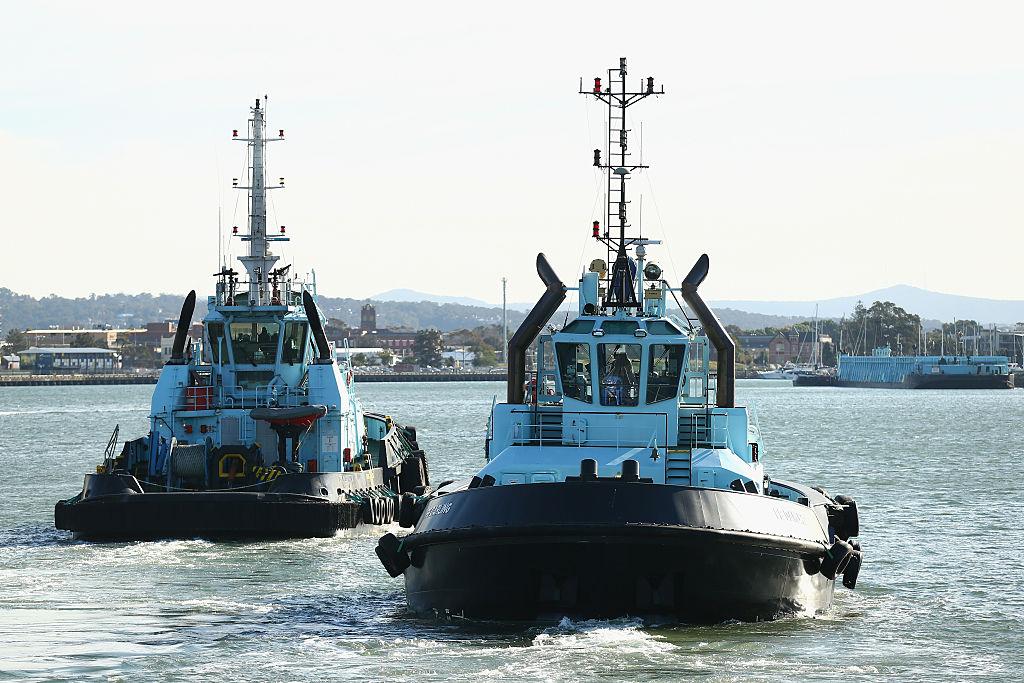ANZ will no longer fund the world’s biggest coal export port at Newcastle on the back of the bank’s new climate change policy that stops loans to the coal sector.
The Port of Newcastle, which supports 9000 jobs and contributes AU$1.5 billion to the national economy, will now receive funding by National Australia Bank (NAB) according to The Australian.





